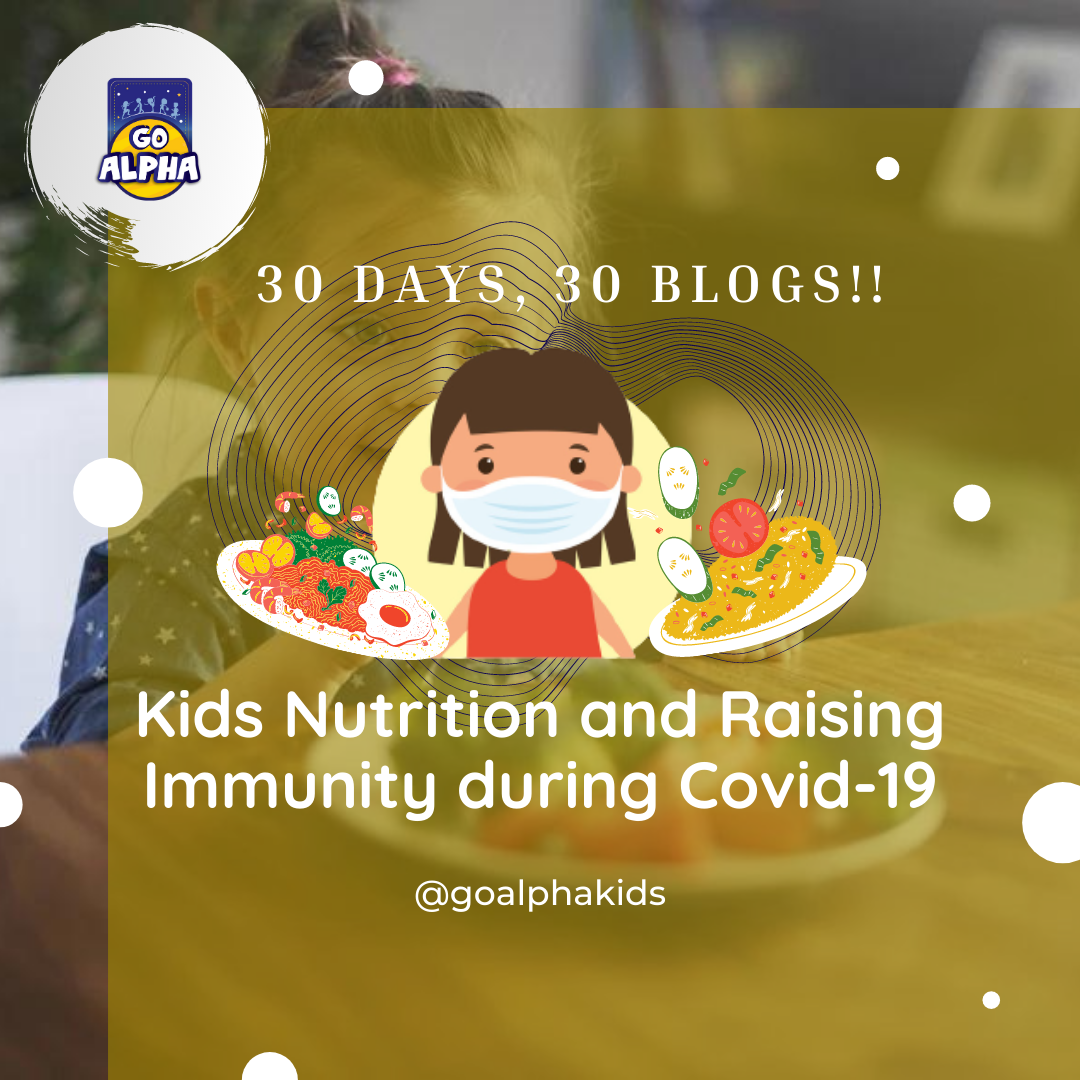

How to prevent obesity in children?
Childhood obesity is a problem that needs immediate attention. Our environment and routine dictate our lifestyle, and it is easy to give in to the comfort of the urban lifestyle. Obesity can either be genetic or a result of overeating and lack of physical activity and often is a combination of them all. It is essential to determine the root cause of the problem and take the necessary measures. Making small lifestyle changes can benefit the child in the long run.


More fruit, less candy
Craving sugar is natural, and fruits tend to taste less sweet because of the regular consumption of high sugar desserts. Instead of making them quit at once, try switching out fruits with candy from time to time and gradually, the child will develop a taste for fruits.
- The complex sugars in fruits help satiate the sugar cravings once the child gets used to natural sugars.
- Fruits also provide other nutrients to the body that candies lack, and it helps keep children full for longer and helps them stay fit.
- Most importantly, fruits won’t cause a sugar crash, and the child won’t feel lazy and sleepy after consuming fruits.
Experiment with healthy dishes to increase vegetable intake
Unlike adults, children tend to be fussy about eating healthy food. Vegetables aren’t appealing, and they prefer eating pizza over home-cooked meals.
To tackle the problem, parents can experiment with cooking now and then.
- Incorporate vegetables into the child’s favourite dish. For instance, add vegetables in pasta or add more green, leafy vegetables in the pasta sauce.
- Make wraps instead of serving the chapatis and veggies separately. Add a homemade spread for more flavour.
- Make healthy fruit popsicles, and replace them with ice cream.
- Cook with your child, make homemade pizza and make the sauce nutrient-rich and eliminate the added salt and sugar.
Mindful browsing
Video games and TV shows are captivating, and children now spend more time playing online than in parks. Also, tempting ads and posts lead to the demand for high-calorie snacks that have no nutritional value.
As a result, children snack more and move less throughout the day, and the caloric intake ends up being higher than the caloric expenditure.
Get moving
A sedentary lifestyle leads to weight gain and muscle loss. Since the body stays stationary for longer hours, the body stores the extra fat in various areas of the body, including the liver, and a fatty liver leads to obesity. Physical exercise has multiple benefits:
- It helps maintain a healthy body and also curbs excessive hunger
- Exercise helps regulate chemicals in the body and helps develop a healthy mind
- Increases flexibility
- The child has more energy throughout the day
- It helps regulate the sleep cycle
- It also improves the mood due to the release of happy hormones- Endorphins and Dopamine.
Portion control is necessary.
The quality of food matters, but the quantity of food needs to be regulated as well. Overeating and undereating are undesirable states.
The parents must ensure that:
- The child doesn’t eat directly from the container.
- They use smaller plates to avoid overeating.
- They chew their food thoroughly.
- The child eats without distractions and focuses on the process of eating.
Conscious snacking
Getting hungry throughout the day is normal, and so is snacking. But parents should stock up on healthy snacks, including fibre and protein-rich food, to curb hunger and prevent over-indulgence.
Fruits and nuts work as nutrient-packed snacks, and parents can mix and match ingredients to keep things interesting. Check for food allergies before making changes to the diet.
Some healthy snack options can be:
- Apple with peanut butter
- Trail mix
- oatmeal
- Yoghurt with berries
- Popcorn
- foxnuts (makhana)
Apart from making these healthy substitutions, the first step to healthy eating is buying what one wants their child to eat.
- Go grocery shopping by yourself, or buy online.
- If you don’t want to deprive the child of chips and chocolates, look for healthy substitutes. For instance, buy dark chocolate instead of milk chocolate.
- Check the ingredients while purchasing snacks, and don’t buy in bulk. Buy clean products and avoid ready to eat food as much as possible.
Hydration is key
- Cravings are usually a result of dehydration and boredom, and not hunger.
- Water should be the source of hydration, not soft drinks, as they lead to increased thirst, and the added sugar in the drinks can cause more problems, including weight gain and tooth decay.
- Drinking water can also prevent overeating.
- Water improves digestion and flushes out toxins from the body.


A healthy mind supports a healthy body:
Talk to your child about mental health and body positivity.
- Talk to your child, help them see their body as their first home, and discuss the importance of staying fit.
- Introduce the concept of affirmations and repeat them every day with them. It will allow your child to develop a loving relationship with their body.
- Manage stress as stress eating can become a severe problem. The child starts seeing food as an escape and develops an unhealthy relationship with it.
Parental response:
Parents can feel insecure about their parenting style, and they end up living in denial about a lot of weight-related issues with their child. The children don’t realise the severity of the problem either, and they continue to live an unhealthy lifestyle.
Parents should be:
- Be direct but compassionate when talking about weight-related issues.
- Non-judgemental and proactive in the long run as they deal with the problem.
- Role models and should lead by example.
Eat together:
Fix a mealtime when the entire family can sit together to eat. Remove all distraction from the table and engage in mindful eating.


Dealing with societal stigma:
Society tends to be judgemental about overweight children. Children can develop an unhealthy body image, and this can lead to various mental health issues.
Obesity can lead to severe health conditions, like- liver issues, diabetes, heart conditions etc. Society needs to work together and provide a solution to the problem, and people should refrain from making negative comments that can have a lasting impact on the child.
Managing weight is a challenging task, but it is not impossible. Working consistently towards maintaining a healthy weight helps prevent the issue of obesity from the start. It is essential to focus on a healthy weight, not a specific number or body shape.
References
https://www.health.ny.gov/prevention/nutrition/resources/obparnts.htm
https://www.cdc.gov/healthyweight/children/index.html
www.washingtonpost.com/wellness
https://theconversation.com/eight-sneaky-tricks-to-get-your-children-to-eat-healthy-food-39284
https://www.doylestownhealth.org/about/news/health-news-and-blog/6-ways-to-prevent-childhood-obesity
Written by Stuti
Related Blogs
FREE Sports class Demo at your preschool
Please fill the form to get more information and set up a FREE Go Alpha Demo at your preschool.




